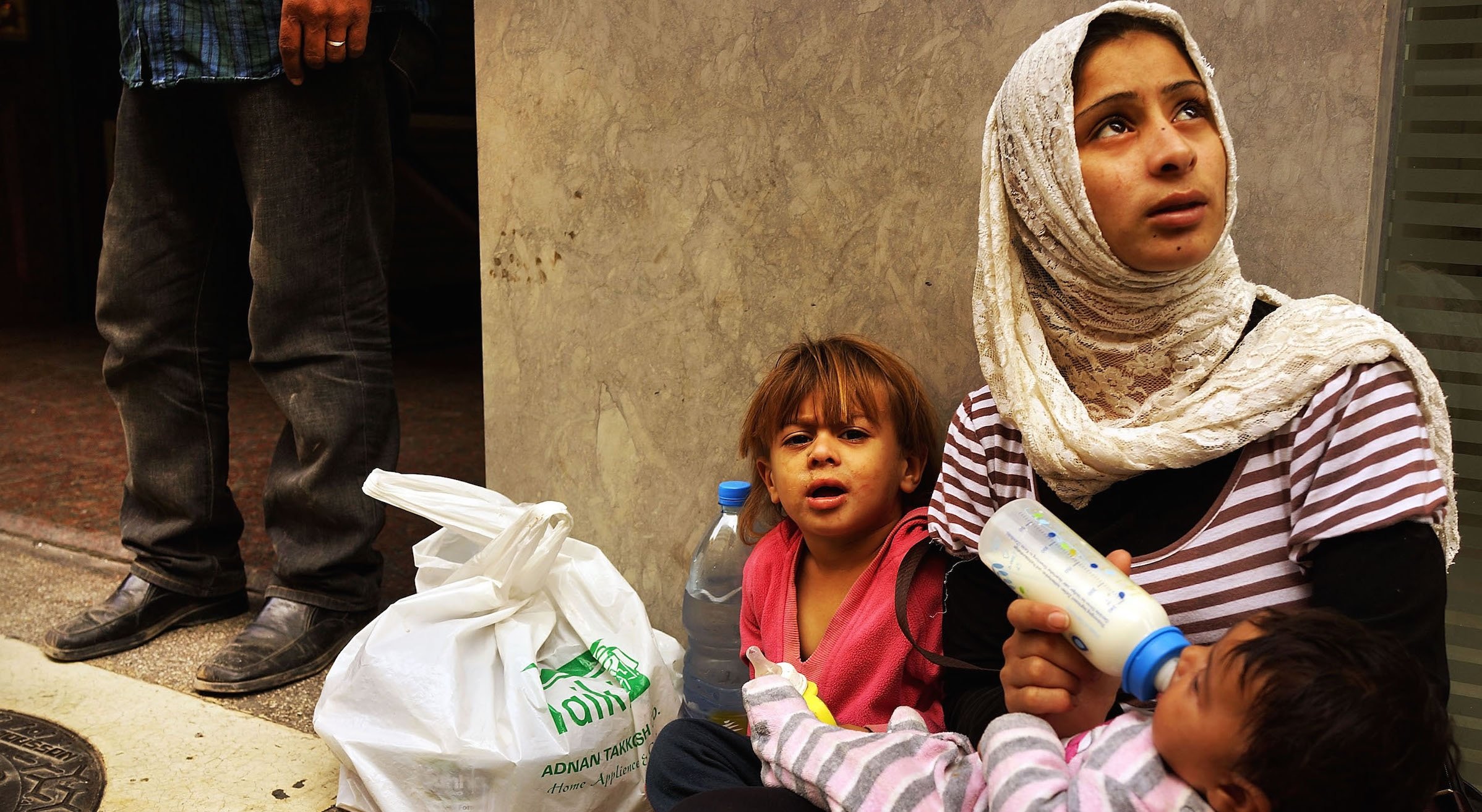Syrian President Bashar al-Assad said on Saturday the main impediment to investment in the country was money stuck in ailing Lebanese banks.
In a speech after being sworn in as president for a fourth term, Assad said estimates suggested the frozen funds were worth between $40 billion and $60 billion.
“Both figures are enough to depress an economy like ours,” he said.
In power since 2000, Assad’s re-election in a landslide was never in doubt. His new term starts with the country still devastated by 10 years of war and sliding deeper into a worsening economic crisis.
The UN estimates that more than 80 per cent of Syrians live under the poverty line. The Syrian currency is in a free fall and basic services and resources have become scarce or are offered at exorbitant parallel market prices. Fighting has largely subsided, but parts of Syria remain out of government-control and foreign troops and militias are deployed in different parts of the country.
Lebanon is in the throes of a deep economic meltdown that is threatening its stability. Lebanese banks have locked depositors out of their accounts and blocked transfers abroad since the start of the country’s crisis in late 2019.
Many Syrian front companies had long circumvented Western sanctions by using Lebanon’s banking system to pay for goods which were then imported into Syria by land.
Assad also said Syria would continue working to overcome difficulties caused by the Western sanctions imposed over its decade-long war.
“Sanctions haven’t prevented us from securing our basic needs but they have created some choke points,” he said.
“We will continue to work to overcome them without announcing what methods we used before to do that or what we will use in the future.”
Syrian authorities blame Western sanctions for widespread hardship, including soaring prices and people struggling to afford food and basic supplies.
Assad secured a fourth term in office in a May election, winning more than 95 per cent of the votes.
Opponents and the West say the election was marked by fraud but the government said it showed the country was functioning normally despite the long war.
Assad’s biggest challenge, now that he has regained control of around 70 per cent of the country, is an economy in decline.







Click here to change your cookie preferences